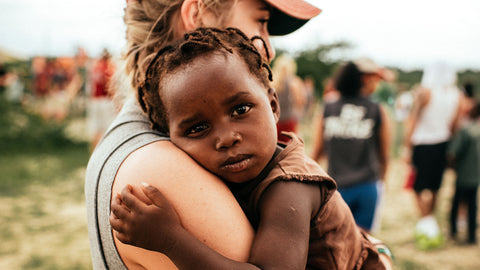By Cindy Lima
When disaster hits any part of the world, the first thought that comes to mind is “I need to get down there to help”. However, you might want to hold on to that thought. Disasters are unpredictable works of nature or even man kind.
The first volunteers to get there should be trained professionals. Before jumping into the unknown, consider how you will be of the most use during the disaster relief. Ask yourself, “when and how can my skills be the most use of?” Timing during disaster reliefs is important as well. For example, an emergency doctor will be in high demand at the beginning of the disaster.

Questions To Ask Yourself
Are you physically ready for the journey? Victims are not the only ones that will lack the basic necessities but volunteers as well. Volunteers need to be aware that they will also not be giving priority when it comes to basic needs. As a volunteer you might need special equipment or clothes in order to get to the disaster zone. Being physically fit and healthy is a must for a volunteer, if not you’ll be another person that needs care. Volunteers during disasters often suffer from sleep deprivation because they forget to take care of themselves while on the job.
Are you emotionally ready for the situation? People have just lost family members and homes. People that have just come from such situations are likely to feel sad, angry or have symptoms of Post Traumatic Stress Disorder. Disaster victims have physical and emotional needs such as depression which should treated by a therapist. An increased use of drugs and or alcohol is a common sign for a victim after a stressful event. If you aren’t emotionally ready to see survivors who lost their homes, possessions, and loved ones then disaster relief will likely be too difficult of a job for you to handle.
If you decide to still want to go travel to the affected area consider the timing. The first volunteers have to be highly skill in order to help the most people. The highest skills in demand are medical skills and local knowledge. If you still want to work in disaster relief, but don’t want to leave within the first weeks, don’t worry you can still make a difference. You might end up being of most use if you wait until the initial crisis days have passed depending on your skills.

